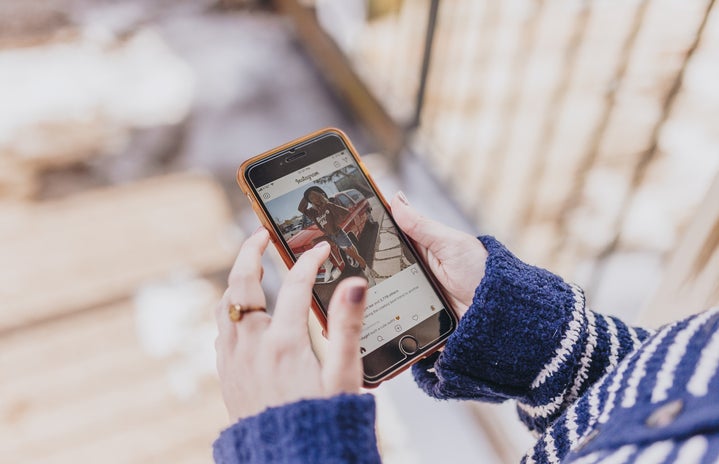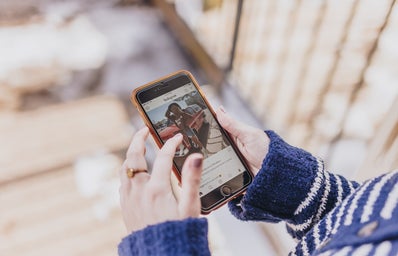What’s the first thing you do when you wake up? If you said “check my phone” you are not alone. The same answer likely describes much of your routine. What do you do when you are waiting? When you sit on the commute? When you are about to go to bed? Smartphones are an appendix that we keep checking unconsciously, even when we are supposed to be getting to bed or sleeping. On one hand, we clutch to our phones 24/7 because we are afraid of not being able to contact or be contacted by other people, on the other hand, the phone is ingrained in our habits. It’s a routine that’s hard to break…
…unless the circumstances force you to do so. A few weeks ago, my phone’s screen cracked in a fall and I needed a new phone. Because I wanted to specifically order a phone of an equivalent size, I went for a 2017 model and had to wait for its delivery. Thus, began my 10 dark days without a smart phone. My SIM card was put in a replacement phone that had the bare basics: phonebook, calls and texting. No game, no internet connection. Even my very first flip cell phone back in 2005 had more features. Deprived of a smart phone, I no longer check Twitter as soon as I had turned off the morning alarm, nor could I waste breakfast time on watching YouTube videos. In 2020, I have nowhere to commute, but had I been travelling by public transport, I would not have had my trusty gadget to entertain me on the ride.
We all know that the phone is a distracting piece of electronics. Not only do the apps and the potential of new notifications keep stealing our attention during study time, the overuse of a phone disturbs our sleep, too. Bedtime stories might be the way to go, given how turning off the phone 30 minutes before bedtime has been found to be a good way to improve sleep quality, mood and working memory. Stress from a lack of phone is mostly associated with a stress of not being available for instant contacting. But really, how often do we get a notification we have to address instantly? The phone could probably wait in silent mode until the next actual break.
When I had no smart phone, I finished off a fiction novel for leisure. Since I couldn’t be bothered to log onto Facebook on my desktop computer, I opened my Word-doc of the day without having first checked my timeline. I still watched some YouTube videos during lunch, but somehow it felt better than making it part of the first-thing-in-the-morning routine. I worried that someone would try to contact me on WhatsApp in vain, but since logging back onto WhatsApp was out of my control, I soon found myself relaxing. I now have a phone again, but I am at least for now more aware of how I constantly reach out for it whenever I feel even the slightest boredom or listlessness. I still haven’t re-downloaded the Twitter app: since I only use it for work, I hardly need a 24/7 access.
Downgrading to an old model is one way to cut back phone time, but maybe a bit too radical, since we can’t deny the usefulness of smartphones when it comes to staying in touch and looking up information. However, it’s worth considering the implications and responsible use. Luckily, if one finds it hard to stop looking at the phone, there are apps to keep aimless phone-checking under control. Or you could try leaving your phone on silent mode in another room (or at the other end of the room) to keep it out of sight and out of mind while working. Switch your smartphone morning routine into a stretching routine – or a sleep journal routine. And tonight, when you settle for bed, block the extra stimulus from your phone by grabbing a novel instead or drift off with a podcast instead of the social media feed. Really, even without your phone right there at every waking moment, you are not missing out on that much.



